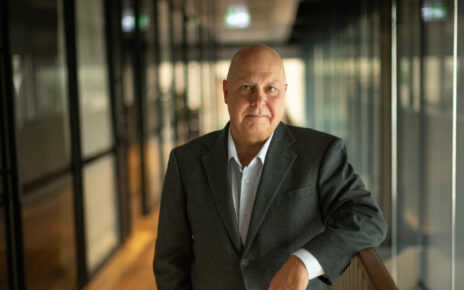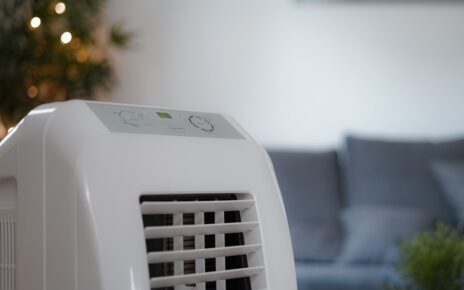September is Self-Care Awareness Month. To observe it, every week we’re speaking with experts in mental health and wellness to offer actionable ways to practice self-care that prioritize emotional wellbeing.
So much is at your fingertips these days. Literally.
Want to know the latest news? The choices of sites to be informed by are endless. Want to see who or what’s trending? There are about five different apps for that. Concerned about a mole on your body? You can get on Google to do some digging, and likely, be left completely shook based on the results you find.
As convenient as all of that sounds, being able to quickly partake in so much, there are setbacks to having so much access to so many things, or better yet, so many things having access to you. One can be exposed to negativity that can do a number on your outlook and your overall mental health.
The good news is, with phones, you can tailor what you take in. If something doesn’t make you feel good, you can mute it or block it from coming your way in the future. But while we tend to wield that level of control with apps and technology as a whole, we seem to struggle a bit more with keeping distance from people and things in the world around us that feed us negative energy.
“People can consume negative information by interacting with individuals who don’t support their need to feel good about themselves,” says Nyanda Sam-King, LCSW and founder of NSK Therapy. “You are who you surround yourself with. If you are around people who are constantly gossiping or making you feel bad about yourself, that can have a negative impact on your self-perception. It’s difficult to take care of yourself if you have a negative perception of yourself.”
Sam-King recommends being intentional about protecting your peace, doing so by paying attention to what you’re consuming and feeling for the sake of your spiritual diet. If, for example, you feel like someone in your circle brings bad vibes that you can’t seem to shake, consider limiting the time you’re around them.
“We can become more intentional by recognizing how we feel after we have finished watching a show or interacting with a certain individual in our life,” she says.
These efforts are a true form of self-care, because if what we allow ourselves to be exposed to is to our detriment, we’re not adequately looking out for our wellbeing. Small changes to things like what you watch, who you talk to, what you listen to and entertain can have great benefits on your health and wellness.
“In all transparency, sometimes unhealthy energy sources can be hard to avoid, but I have made a conscious effort to cultivate my friend groups, my music playlists, and television shows around positivity and empowerment,” she shares. “If I don’t do these things, not only am I not caring for myself properly but I am not me. This form of self-care is beyond a checklist, but more so, a lifestyle.”
So what could you benefit from consuming less of? Perhaps it’s gossip blogs. Maybe it’s those phone calls with an individual who only seems to want to unload their problems on you rather than have a conversation. Whatever it is, in the name of self-care, Sam-King says give yourself a break from it or cut it off altogether if it doesn’t serve you in a positive way.
“Once we are aware of the way these energy sources make us feel, we can decide how much time we choose to spend around it,” she says, “or we can change the energy source altogether to a healthier one.”
Source: Read Full Article


